After years of development, researchers have managed to shrink two-photon microscopy into a device that can be mounted on rodents’ heads without impeding behaviour.
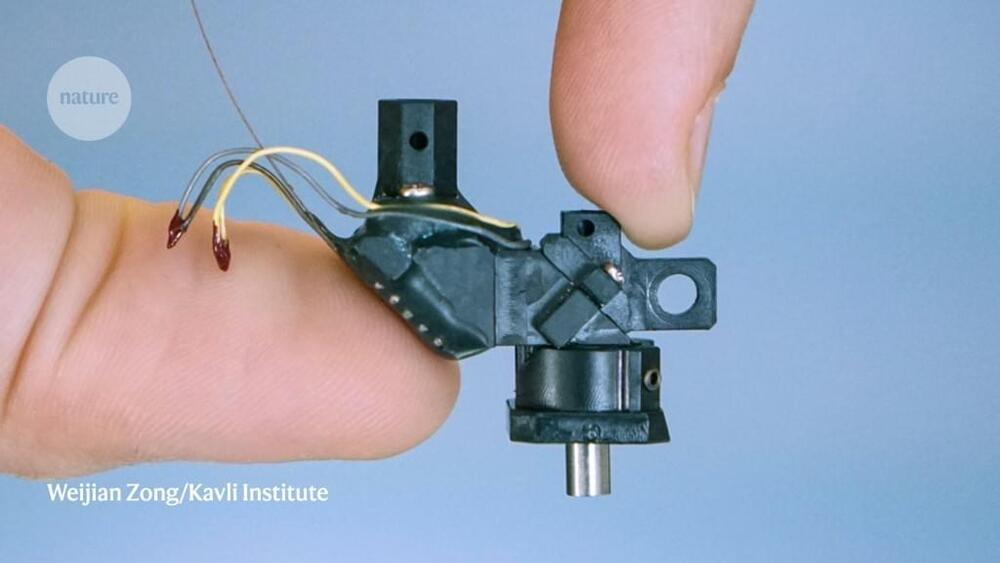

Pachyderms sport more brain cells for their ears alone than humans have for their whole face.
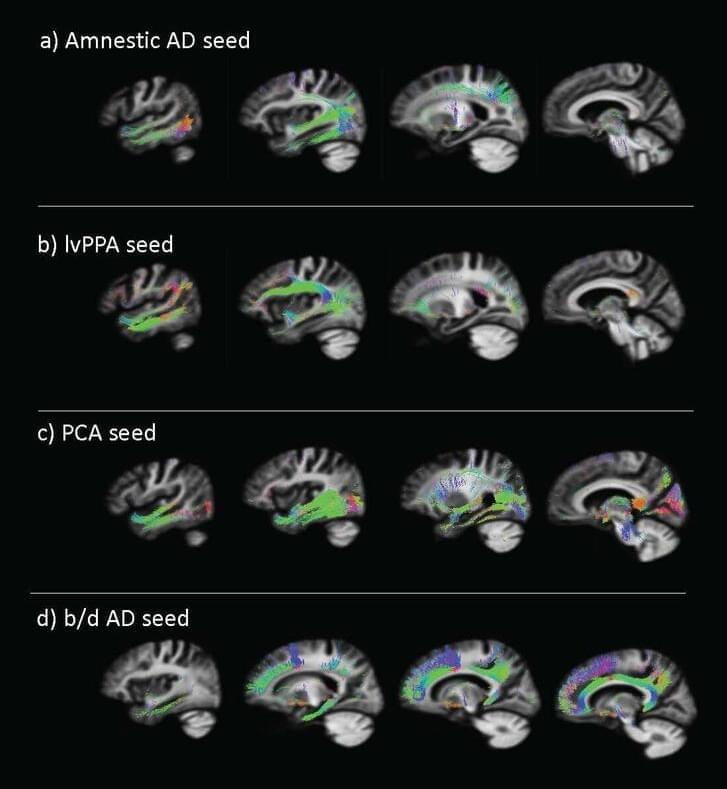
New imaging of patients with Alzheimer’s demonstrates how a telltale protein spreads throughout the brain based on the phenotype of the disease, i.e., whether the condition is dominated by forgetfulness, or atrophy in a specific brain region. The research offers a host of illuminating clues that ultimately may inform new treatment strategies.
The protein is known as tau and a large multi-disciplinary team of brain researchers at McGill University in Montreal has been able to trace the protein’s patterns in living patients via magnetic resonance imaging (MRI). Alzheimer’s disease is intimately linked to tau, which can form tangles in the brain that irrevocably damage neurons.
The patterns detected by McGill scientists apparently are unique to the phenotype of Alzheimer’s afflicting the patient. This staggering finding opens an intriguing new window into the molecular mechanisms of the disease. And while many features of Alzheimer’s are the same from one patient to the next, phenotypes are a hallmark of the condition. Tracking tau patterns is a specialty of the scientists at McGill, who found that the intrinsic connectivity of the human brain itself provides the scaffolding for the aggregation of tau in distinct variants of the disease.

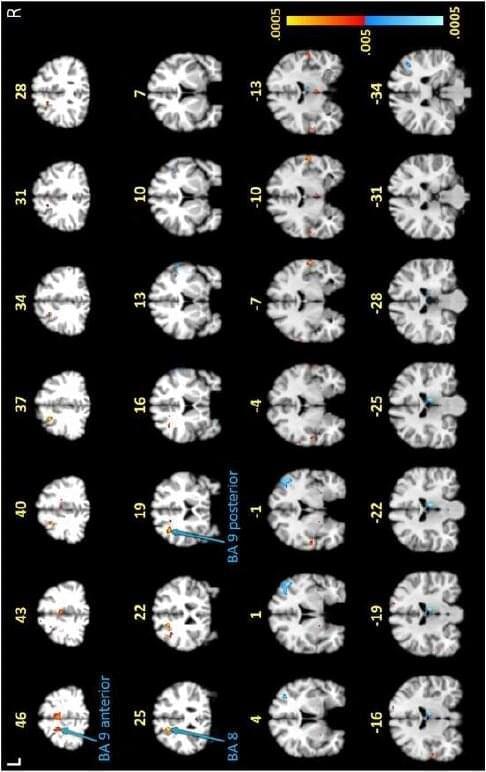
In a study using specialized imaging techniques, Johns Hopkins Medicine researchers report distinctive changes in the “white matter” and other brain tissue physiology of those with post-treatment Lyme disease, a condition affecting 10% to 20% of the nearly half a million Americans who contract Lyme disease annually.
The study’s findings, published October 26 in the journal PLOS ONE, substantiate and help validate that memory difficulties and other cognitive difficulties experienced long-term by individuals with post-treatment Lyme disease are linked to functional and structural changes in the brain.
Lyme disease, whose early symptoms may include a characteristic rash, flu-like aches and fever, joint pain, and fatigue, is treated using a rigorous course of antibiotics, which usually clears the illness.

How does the human brain keep track of the order of events in a sequence?
Research suggests that ‘time cells’ – neurons in the hippocampus thought to represent temporal information – could be the glue that sticks our memories together in the right sequence so that we can properly recall the correct order in which things happened.
Evidence for these kinds of sequence-tracking time cells has previously been found in rats, where specific neuron assemblies are thought to support the recollection of events and the planning of action sequences – but for a long time, less was known about how episodic memory is encoded in the human brain.
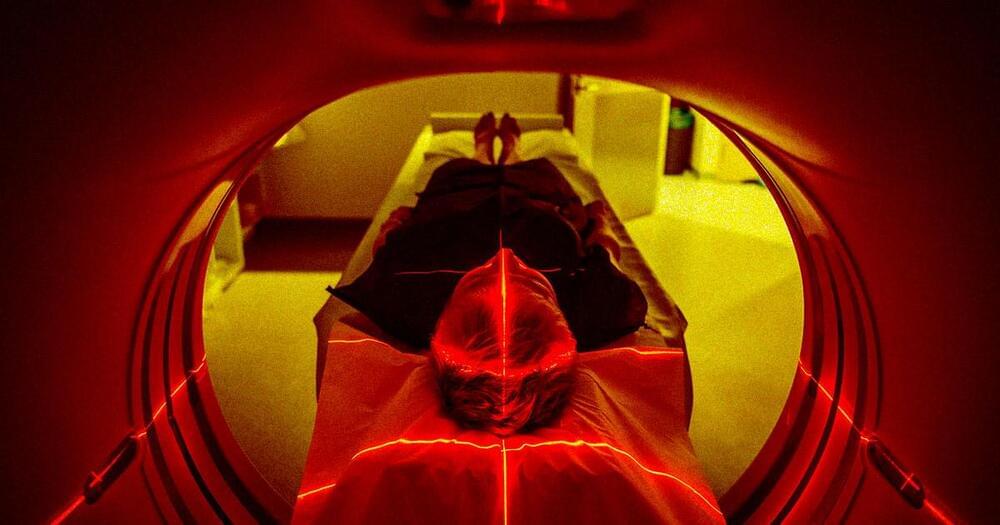
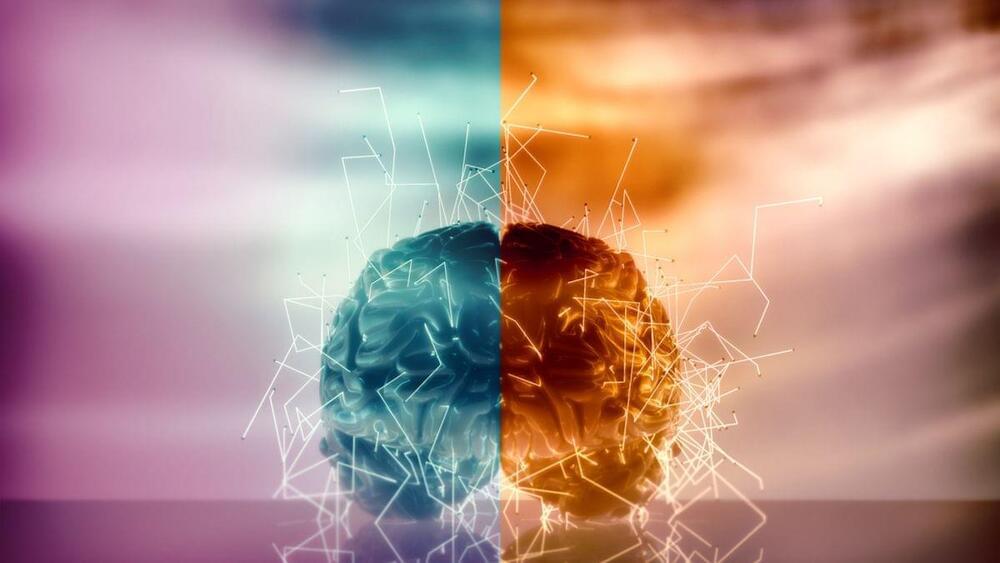
Researchers conclude that one hemisphere of the brain can adequately function as if it were doing so for two hemispheres.
People who underwent surgery as children to remove half of their brain were still able to accurately recognize differences between pairs of words or faces.
The research was done to study brain plasticity and perception. Plasticity is when the brain can be molded to reorganize itself in the hemispheric region not injured, or in this case, the only hemispheric region that is there. The participants were able to correctly identify differences between words or faces with more than 80% accuracy.
The new design came with three fundamental improvements.
Researchers have finally managed to reduce the two-photon fluorescence microscope into a thumb size device that allows them to see inside the brain of live and active animals. The device called Mini2P weighs just 2.4 grams and can be attached to a mouse’s head without compromising its natural movements.
The microscope can record live images of neural landscapes, the likes of which have never been seen before. The innovation “opens the door to lines of scientific inquiry that were difficult, if not impossible, to initiate,” says Denise Cai, a neuroscientist at the Icahn School of Medicine at Mount Sinai in New York City. feat was achieved by Edvard Moser, professor of Psychology and Neuroscience at the Kavli Institute for Systems Neuroscience, together with Weijing Zong, a biological engineer and neuroscientist at the Moser Group.
Turtles, unlike humans, do not continue to age once their bodies reach adulthood because they are “negligibly senescent.” It is theoretically possible for them to live indefinitely, although it is unlikely to happen in actuality. They will eventually die of injury, predation, or sickness. It has been documented that tortoises and their cousins, turtles, can live for up to two hundred years without showing any signs of aging. A turtle that is a hundred years old can experience the same feelings of youth as a tortoise that is thirty years old. This enviable trait may be found in both fish and amphibians. The idea of aging terrifies humans, and it is understandable why. Nobody wants to age slowly and painfully into a state of ill health and old age where death appears preferable to life. However, not everyone thinks this way. There are others who desire to live longer, perhaps even indefinitely. And while a life without aging might sound like something that could only be found in the pages of a fantasy story, research in the field of science suggests that this possibility is very much within our reach.
In today’s video we look at Live until 200 YRS OLD!! Scientific cures for “The Aging Disease!” ~ Healthicity…Keep watching to see aging, the ageing, the healthy aging, is an aging expert, is aging slower, and reverse aging, fighting aging, how to fight aging, anti aging, aging wired, wired aging, aging matters, aging questions, how to stop aging, science of aging, ageing research, anti aging, aging tech support, slow aging, aging women, what is aging, allure aging, aging beauty, active aging, disrupt aging, aging support, aging science, decoding aging, future of aging, aging with grace.
Subscribe for Mental Health, Brain Health, and Psychology. Inspired by body hub, bestie, and BRIGHT SIDE
Inspired by the science of slowing down aging | WIRED
Inspired by Is Aging Reversible? A Scientific Look with David Sinclair | David Sinclair | TEDxBoston.